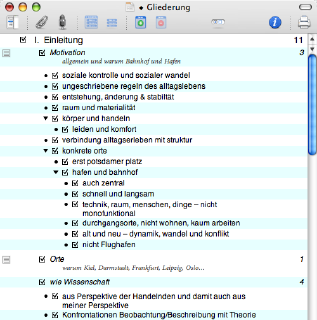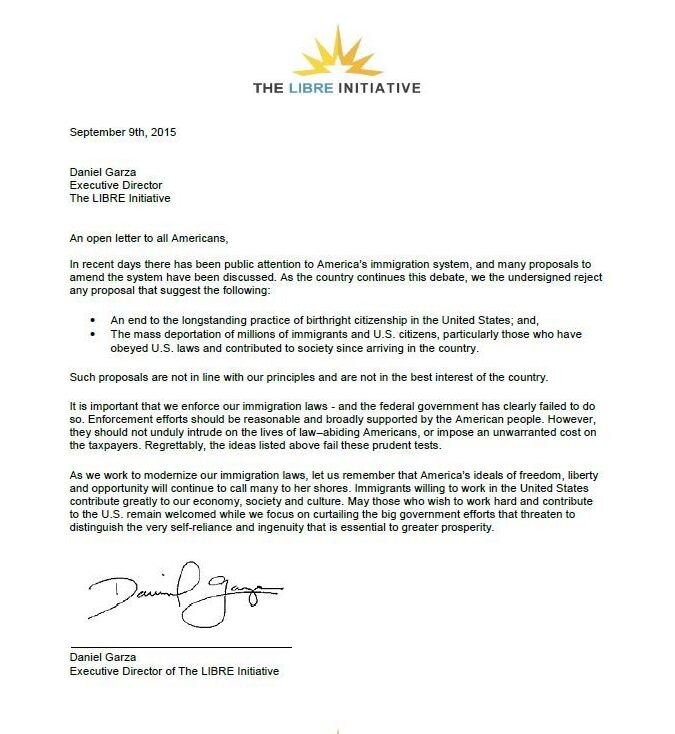The Challenges of Armament and Disarmament in Contemporary.
First Hague Conference (1899) emphasized on the need to reduce military expenditure and recommended measures for the material and moral welfare of people. The Second Hague Conference (1907) came to the conclusion that disarmament is impracticable in the contemporary phase of arms race. (2) Washington Conference 1922.
A major part of SIPRI’s work on armament and disarmament is its databases. They produce four major data launches each year: the top 100 arms-producing companies, international arms transfers, countries’ military spending and countries’ nuclear forces.

Nuclear weapons have been one of the core areas of SIPRI’s research programme since the founding of the institute. Together with biological and chemical weapons, SIPRI promotes their non-proliferation and disarmament. Our work includes looking at legal, political, technical and historical aspects of biological, chemical and nuclear warfare prevention, including the verification of weapons.

An overall perspective on 2016 finds a balance between negative developments and the continued functioning of the international system. However, the year ended with clear grounds for concern that the balance sheet seemed to be tipping towards the negative amid growing unease about the durability of key parts of the international security architecture.

The world needs peace not conflicts. Arms race threatens the serenity of the world. Stability and security creates peace. Complete disarmament would be the best way to reduce the nuclear weapon, but it is important to have strong will NWS leaders. In the beginning negotiation and partial disarmament would be excellent followed by arms control.

A summary of Attempts at Reconciliation and Disarmament (1921-1930) in 's The Interwar Years (1919-1938). Learn exactly what happened in this chapter, scene, or section of The Interwar Years (1919-1938) and what it means. Perfect for acing essays, tests, and quizzes, as well as for writing lesson plans.

Nuclear Disarmament and Weapons Essay 1050 Words 5 Pages A brief introduction to your country and its history concerning the topic and committee Since the start of the United Nations, we as a world have been working towards peaceful uses of nuclear technology.

Disarmament, in international relations, any of four distinct conceptions: (1) the penal destruction or reduction of the armament of a country defeated in war (the provision under the Versailles Treaty (1919) for the disarmament of Germany and its allies is an example of this conception of disarmament); (2) bilateral disarmament agreements.

After the First World War large cuts were made to government spending on the armed forces after a review of all government departments by Sir Auckland Geddes. From 1919 planning for the development of the Arm, Navy and Airforce was to abide by the 10-year rule, a decision which was made permanent by Churchill in 1928. This fitted in well with the goal of international disarmament, laid out in.

The Conference on Disarmament (CD) is a multilateral disarmament forum established by the international community to negotiate arms control and disarmament agreements based at the Palais des Nations in Geneva. The Conference meets annually in three separate sessions in Geneva.

Arms control is a term for international restrictions upon the development, production, stockpiling, proliferation and usage of small arms, conventional weapons, and weapons of mass destruction. Arms control is typically exercised through the use of diplomacy which seeks to impose such limitations upon consenting participants through international treaties and agreements, although it may also.

Arms Control (Nuclear Disarmament) Arms control refers to any international limitation or regulation where developing, testing, producing, deploying, or even using weapons is concerned on the basis that it is inevitable for some national military establishments to continue existing.

Negotiations for a CTBT opened at the Conference on Disarmament in Geneva, Switzerland in January 1994. The CTBT was made final in the Conference on Disarmament in August 1996 and adopted by the United Nations General Assembly on September 10, 1996 by 158 votes to 3, with 5 abstentions.. The objective of this treaty is to prevent the spread.



